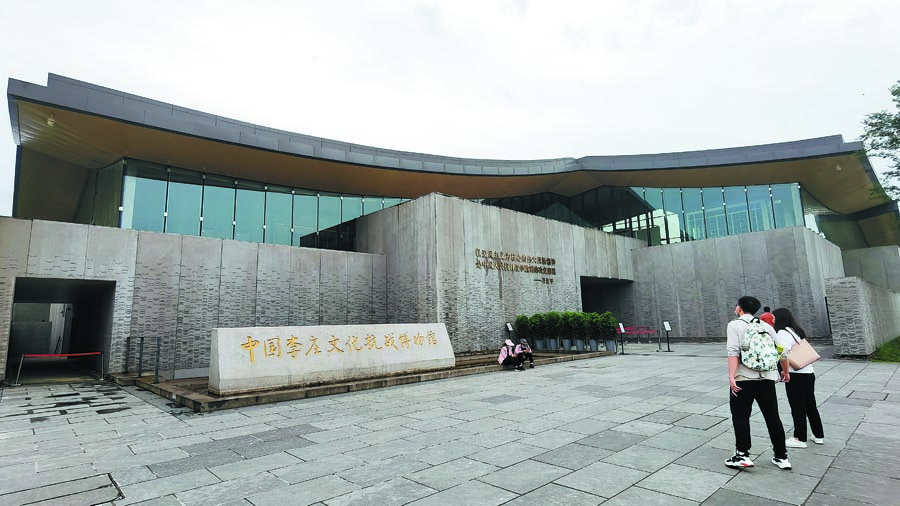Academic refuge


Scholars living in Lizhuang were poor back then. Fu Sinian, head of the Institute of History and Philology, Academia Sinica, once sold books to make ends meet.
But occasionally a few would dine in restaurants to taste the famous "white meat", a local delicacy that is made of pig's hip. Each piece of the "white meat" is about 15 cm long and 1 millimeter in thickness.
Every resident of Lizhuang knows the story of Dr W. Wait, a Polish professor in the college of technology at the National Tongji University.
"As locals could not communicate with him in a foreign language, Wait would pat his hip if he wanted to eat the white meat," Fan said.
Unfortunately, Wait who had taught at the National Tongji University in 1939 died of peritonitis and was buried in Lizhuang in 1945, when medicine was in great shortage in the town.
Forty-three people who worked or studied in Lizhuang in the 1940s later became academicians of the Chinese Academy of Sciences and the Chinese Academy of Engineering.
One of them is Wu Mengchao (1922-2021), known as "the father of hepatobiliary surgery" in China, who had saved or extended the lives of more than 14,000 patients with his scalpel before he died aged 99 in 2021.
In 2011, the International Astronomical Union named a minor planet No 17606, discovered by the Beijing Schmidt CCD Asteroid Program, after Wu in recognition of his achievements. Wu had revisited Lizhuang many times. In 2016, he operated on a patient at the Tongji Lizhuang Hospital to mark its opening and he served as its lifelong honorary president. A photo of Wu sitting in a bamboo chair on Mat Street in Lizhuang is kept in a showroom in the National Tongji University's medical college in the town.
Streets in the town retain old names, such as Mat, Sheep and Well streets. They are paved with slab stones and many houses are made of wood and orderly arrayed.
In the Yuwang Temple, which was the headquarters of the National Tongji University during the war, one 200-year-old or so stone carving of nine dragons bears a strong resemblance to that of the Palace Museum in Beijing. On the 24 window bars of the main hall of Zhang's Ancestral Temple, where 3,000 boxes of porcelain and pottery from the Central Museum were kept for six years, there are 48 carved cranes around which are hollowed-out "clouds". The crane figurines have 48 different postures, either spreading wings or flying or looking for food.
Cai Lizhi contributed to the story
























